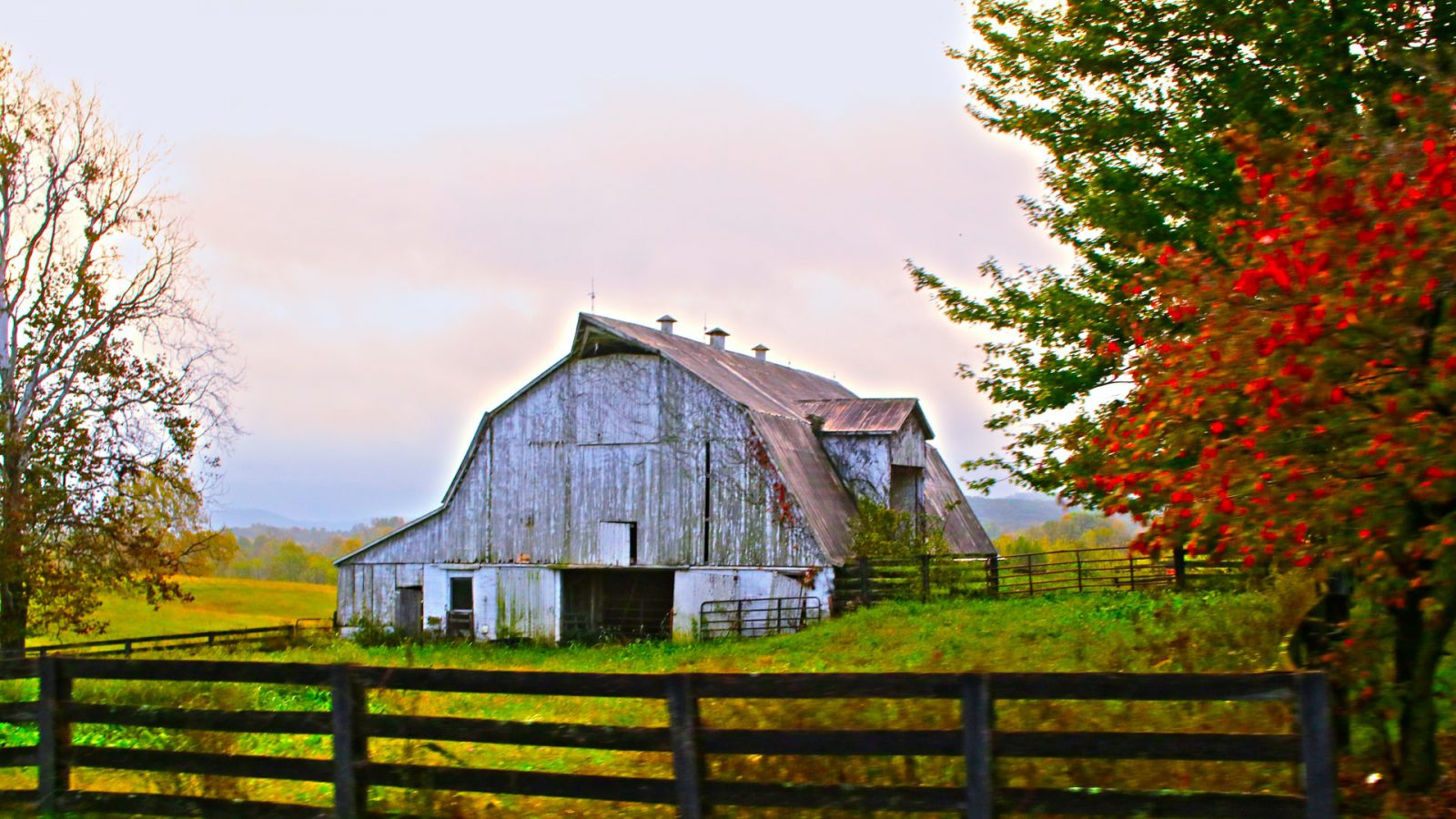The Importance of Language in Wills
December 20, 2021
Mark Feigenbaum
For anyone who has read our blogs in the past, it should come as no surprise that the words one chooses to use in a contract or a will are incredibly important. Litigation can sometimes revolve entirely around the definition or application of a single word or phrase.
One area where a person’s choice of words can be particularly impactful is wills and estate law. While many people create wills to handle their estate, a large portion of the population is not familiar with the nuances of legal language. A misunderstanding over language can cause problems when a person feels they have been unjustly left out of a will or if the beneficiaries of a will believe someone is unfairly receiving a portion of the estate.
A recent decision of the Ontario Superior Court of Justice highlights the importance of having an experienced lawyer draft a will so as to minimize the risk of future litigation. It also demonstrates how the use of a single word can significantly impact an estate’s distribution.
Testator died with outdated will leaving her “farm business” to son
The testator, DV, died in 2019 at the age of 95. She was predeceased by her husband, who died 15 years earlier.
DV’s will had been drafted alongside her husband’s and contained a provision that one of DV’s children (HV) would be given one year to purchase “my [DV’s] farm business.” The price of the farmland was listed as $85,000, but the will said it could be purchased at a lower price if the estate agreed to it. The will also stated that if HV did not purchase the land within a year, it would be folded into the rest of the estate and divided amongst the entire family.
The reason HV was given the option to purchase the farm when DV wrote her will was because, at the time the will was drafted, HV had been renting the land and using it as a farm. The will referred to “my farm business” as DV had previously used the land for a farming operation.
Siblings challenged will on the basis that testator had no “farm business” at time of her death
HV’s siblings challenged the will on the basis that DV did not actually run a farm business after 1994 (or at the time of her death), so there was nothing that could be referred to as “my farm business.”
There was no question that at the time DV died, HV was operating a business on the land. Since 1994, he had either farmed the land himself or subcontracted farm work on the land to third parties. During this time, he rented the land from his mother. HV’s position was that his renting of the land was enough to qualify it as a business that his mother operated.
HV’s siblings argued that HV’s payment of rent to DV was not enough to qualify the land as a business as described in the will. There was no dispute from either side that DV’s only income from the land since 1994 was the rent she received from HV.
Interpretation of testator’s intentions at time will was drafted precluded son from inheriting “farm business” land
The court focused on two aspects of the case, which were:
- DV’s intentions when drafting her will and;
- Whether HV sufficiently exercised the right to purchase the land.
In trying to ascertain DV’s intentions when her will was drafted, the court relied on a 2021 decision of the Ontario Court of Appeal, which clarified that courts must “determine the Testator’s actual or subjective intention as to how she intended to dispose of her property.”
Before creating her will, DV and her husband ran a farm on the land. During those years, HV assisted his parents in the business. While his siblings may have also helped on the farm, HV did so more significantly. The use of the land as a farming business at the time explains why the term “farm business” was used in the will. However, right around the same time the will was written, HV became the only person to work the farmland actively.
If DV’s will provided HV with the opportunity to purchase a diamond ring that she owned in 1994, HV would not be entitled to buy the ring if she had sold it to someone, given it away, or lost it. The court applied this logic when considering the term “business” in DV’s will. At the time of her death, DV did not operate a farm business. As a result, there was no such business for her to leave to HV. Therefore, the court ruled that the land in question should be folded into the rest of the estate.
Because the court determined that there was no “farm business” available for HV to purchase, it no longer had to determine whether he exercised the right to buy it.
Contact Feigenbaum Law in Toronto for Advice on Estate Planning
A comprehensive estate plan ensures a testator’s needs are clearly documented and proactively reduces the risk of future litigation. Mark Feigenbaum of Feigenbaum Law has years of experience helping clients navigate wills and estate matters. His knowledge of tax and family law helps secure the financial stability of clients and their families, protects an estate’s business interests and assets, and minimizes tax liabilities. Call Feigenbaum Law at 877-275-4792 or reach out online to discuss your estate matter with the firm.





